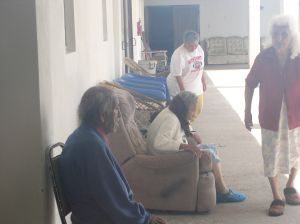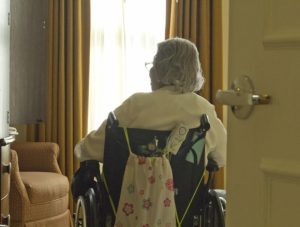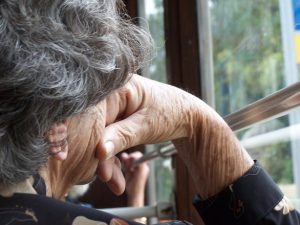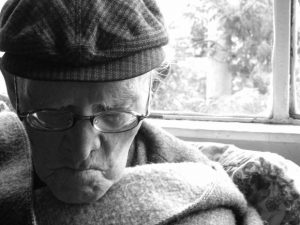Nursing home arbitration agreements are better to avoid if at all possible. An increasing number of nursing homes include arbitration agreements in their admission paperwork, essentially mandating parties agree to forfeit their constitutional right to have a dispute decided in a court of law – publicly and in front of a jury. Instead, they agree to have disputes resolved in a non-public binding arbitration. 
Arbitration does a disservice to those who have suffered nursing home abuse because:
- Consumers are at a disadvantage. Arbitrators need to make a living. While the resident bringing the case is a one-time paying customer, corporate defendants will be involved again and again. Unfortunately, some arbitrators take this fact into account, and that high compensatory damages awarded to abused resident isn’t likely to get them repeat business with the corporate client.
- It’s expensive. While nursing home residents often qualify for court fee waivers and trial judges are compensated by taxpayers, arbitrators are private judges who are charged for their services – anywhere from $400 to $1,000 hourly.
- They aren’t often voluntary. They are typically offered as a “take-it-or-leave-it” option. Few understand the consequences of signing the arbitration agreement.
 Florida Injury Lawyer Blog
Florida Injury Lawyer Blog














